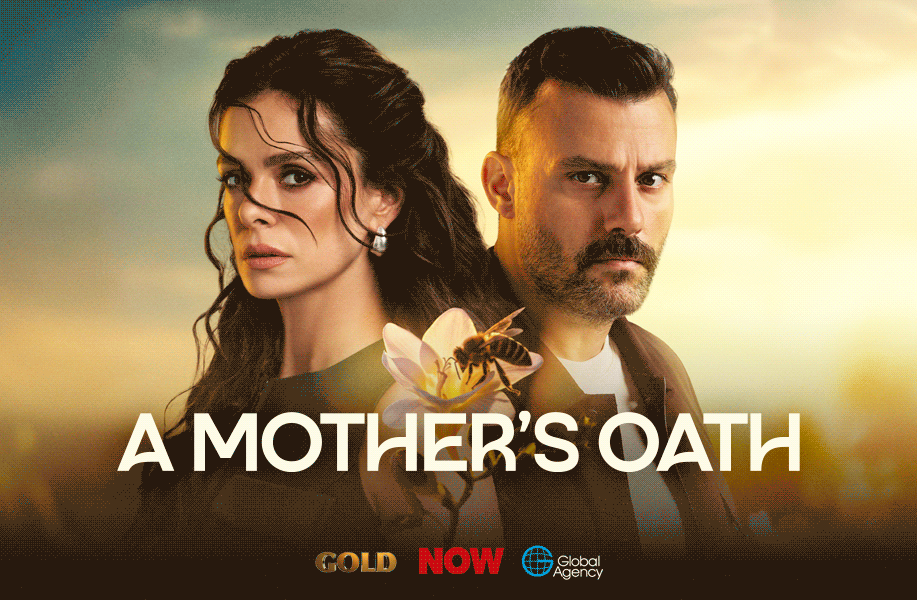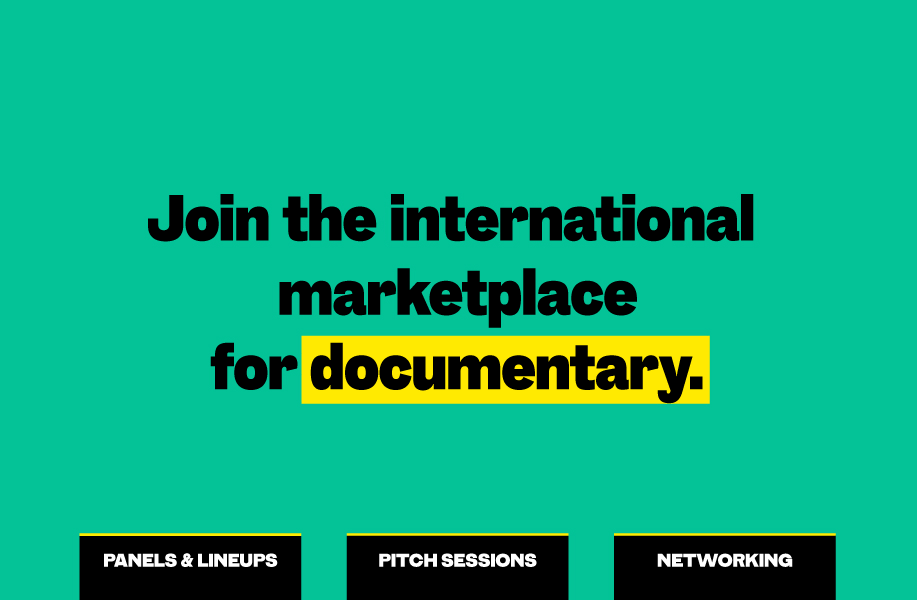The keynote Q&A held at NEM Zagreb (Hotel Esplanade, December 10-12, 2024), moderated by Sanja Božić-Ljubičić, CEO of Pickbox, Mediatranslations, Mediavision, and NEM, provided a compelling insight into the challenges and triumphs of European independent producers. The session featured Dariusz Jablonski, Founder, CEO, Producer, and Director of Apple Film Production, as he discussed his role in the European Producers Club and the evolving landscape of European production.
Jablonski reflected on his groundbreaking entry as the first member from Central and Eastern Europe (CEE) into the European Producers Club in 2001. “At its inception in 1993, the club was an elite organization of gentlemen with cigars,” he said, emphasizing its original exclusivity for producers with budgets exceeding $10 million. “When they approached me, I thought it was a mistake because I’d only made a $5 million-budget production,” he recalled. Yet, recognizing the unique challenges and potential of producers from CEE countries, the organization welcomed him, signaling a shift towards inclusivity.
The Role of the European Producers Club
Jablonski highlighted the importance of the European Producers Club as the only organization representing independent producers on an individual level across Europe. Unlike CEPI (the Federation of Local Associations), which represents local groups, the European Producers Club operates as a collective voice for individuals. “We cooperate with CEPI, but our focus is on lobbying European institutions to protect independent productions from the dominance of global streamers and other challenges,” he explained.
This mission has become increasingly critical in recent years. “When global streamers emerged a decade ago, we moved from being a think tank to being on the front lines of the discussion,” Jablonski said. With the market now dominated by a handful of global players, the club’s advocacy efforts have become essential to preserving the independence and cultural specificity of European productions.
Balancing the Global and the Local
Jablonski underscored the tension between global streamers and local production. “Streamers are not Croatian, Polish, or German—they’re global,” he said, pointing out how these companies’ lobbying power has reshaped the industry. “All of a sudden, the only organization of producers to balance this lobbying was us.”
Despite these challenges, Jablonski remains optimistic. He praised the rich cinematic and series traditions of CEE countries, emphasizing their potential to contribute meaningfully to the global market. “Europe is not just one half; it is the other half too,” he said, advocating for the inclusion of diverse voices and stories from across the continent.
As the session concluded, Jablonski reiterated the need for collaboration and innovation. “The future of European production lies in balancing local authenticity with global appeal,” he stated. Through initiatives like the European Producers Club, independent producers can unite to ensure their voices are heard, fostering a vibrant and diverse European audiovisual landscape.


_12288.png)








